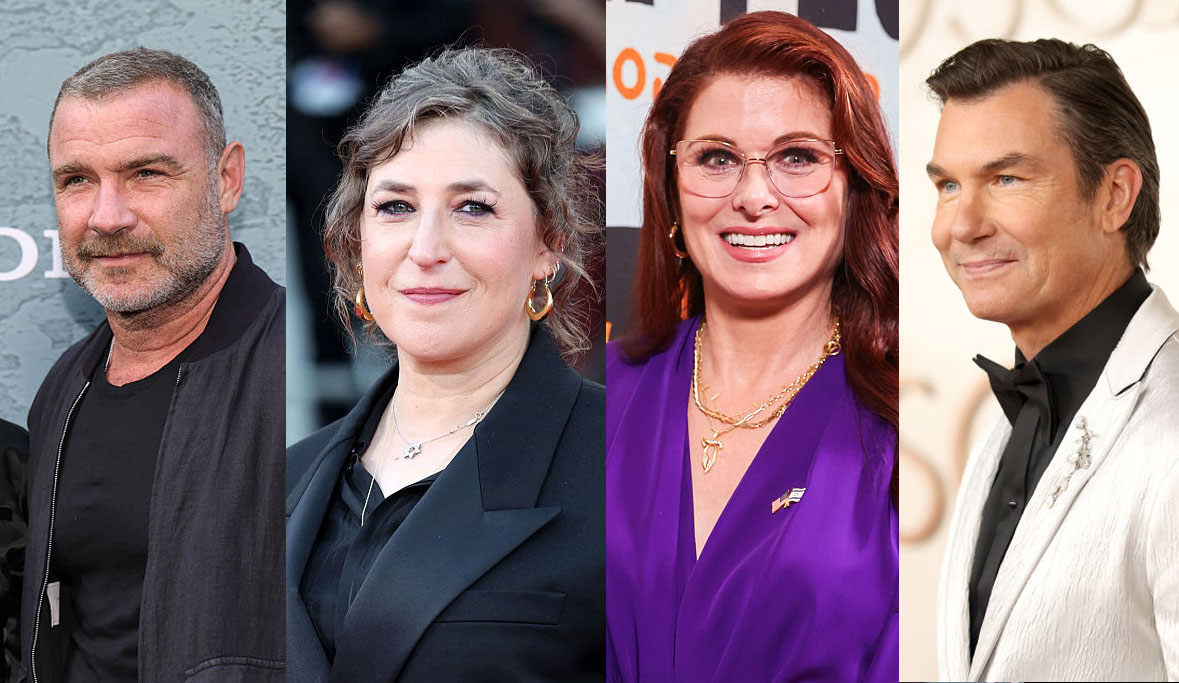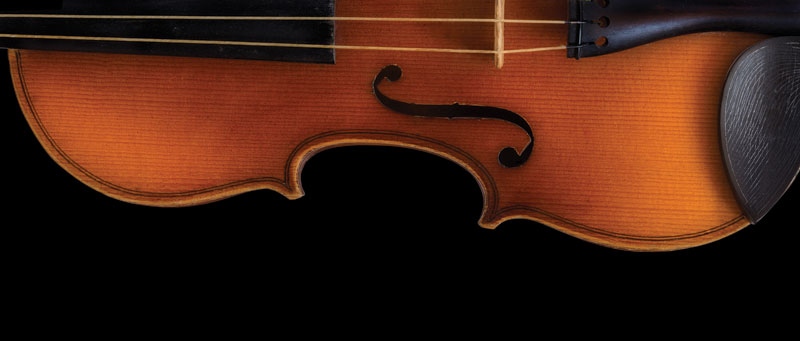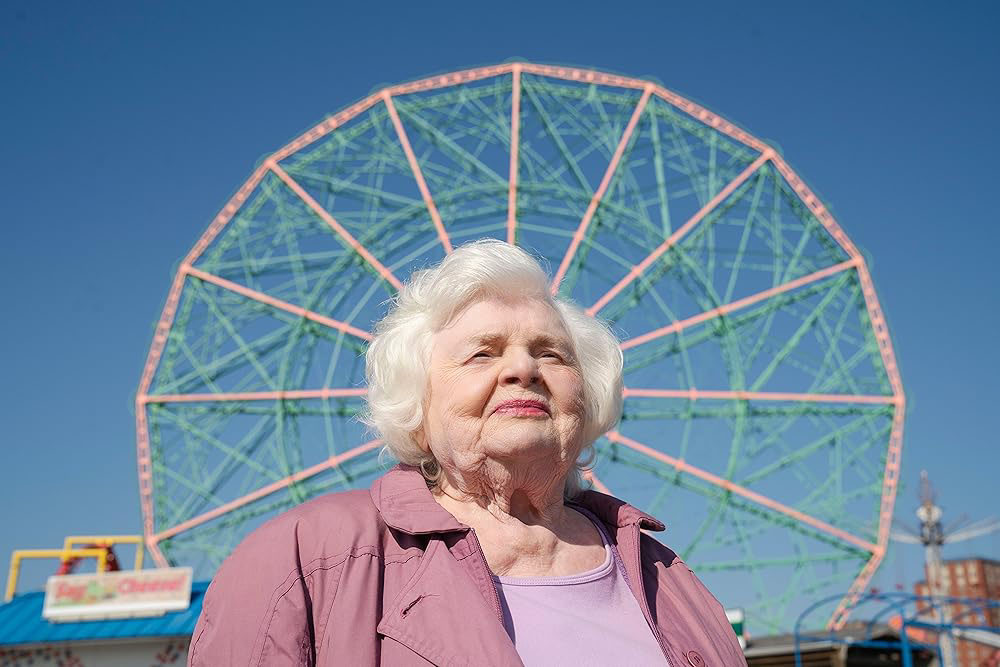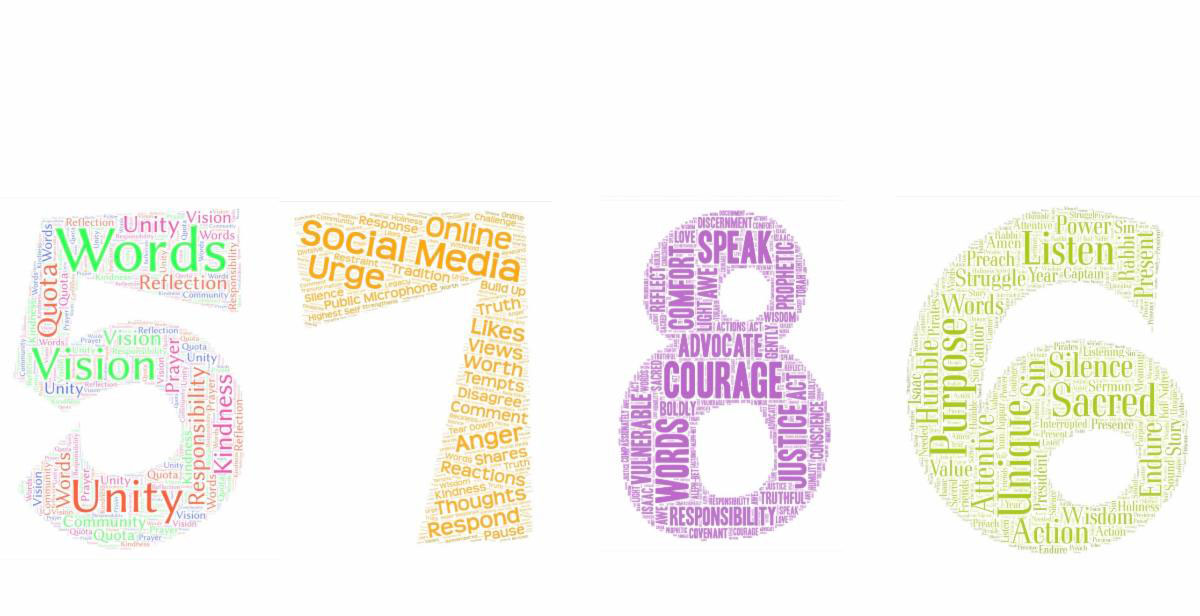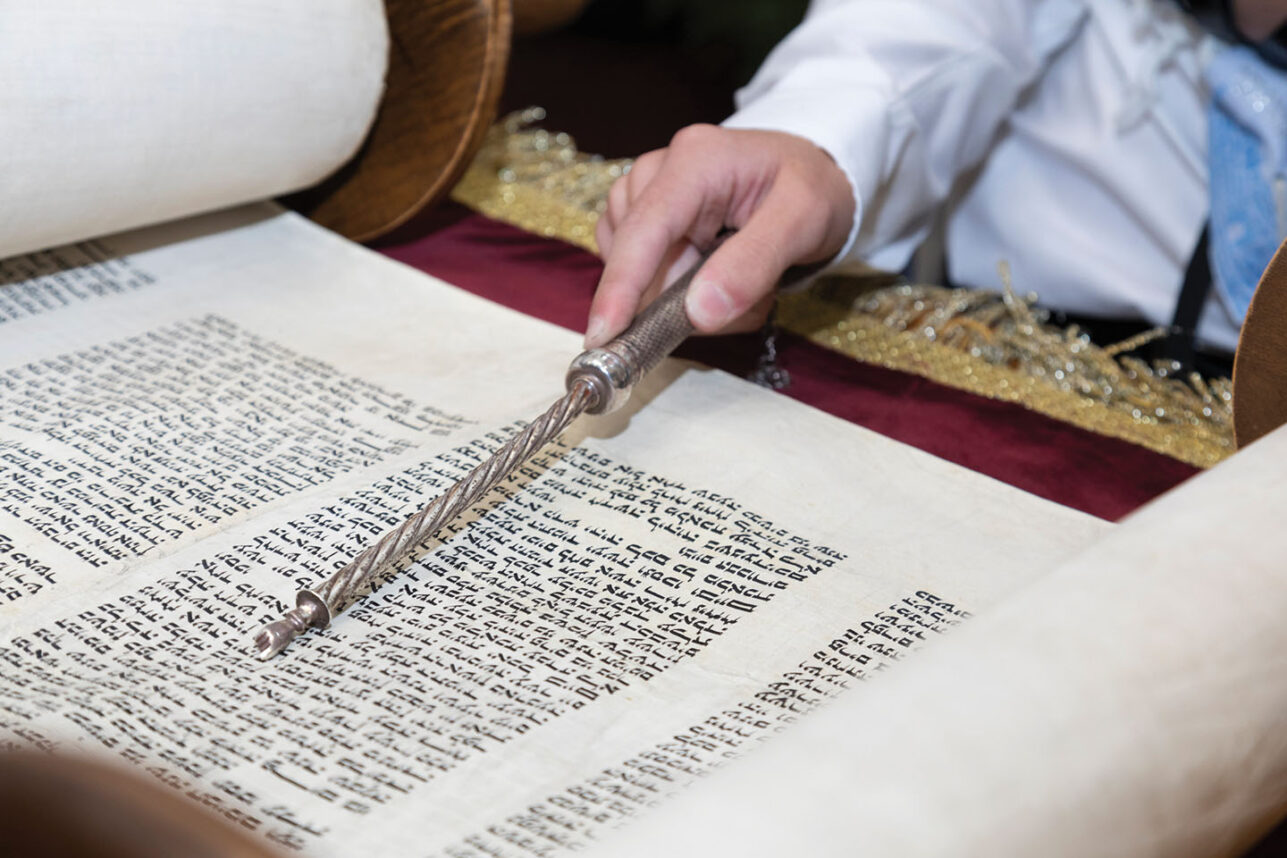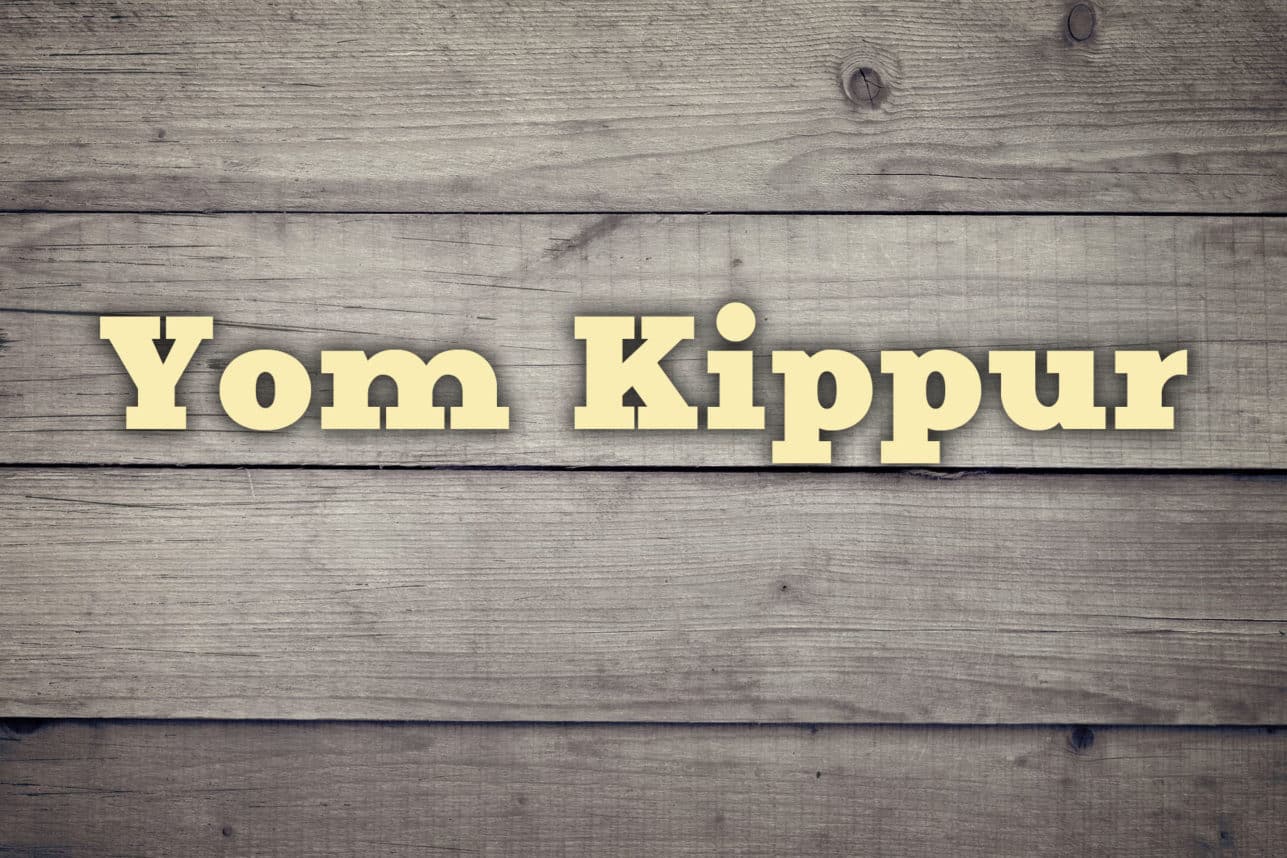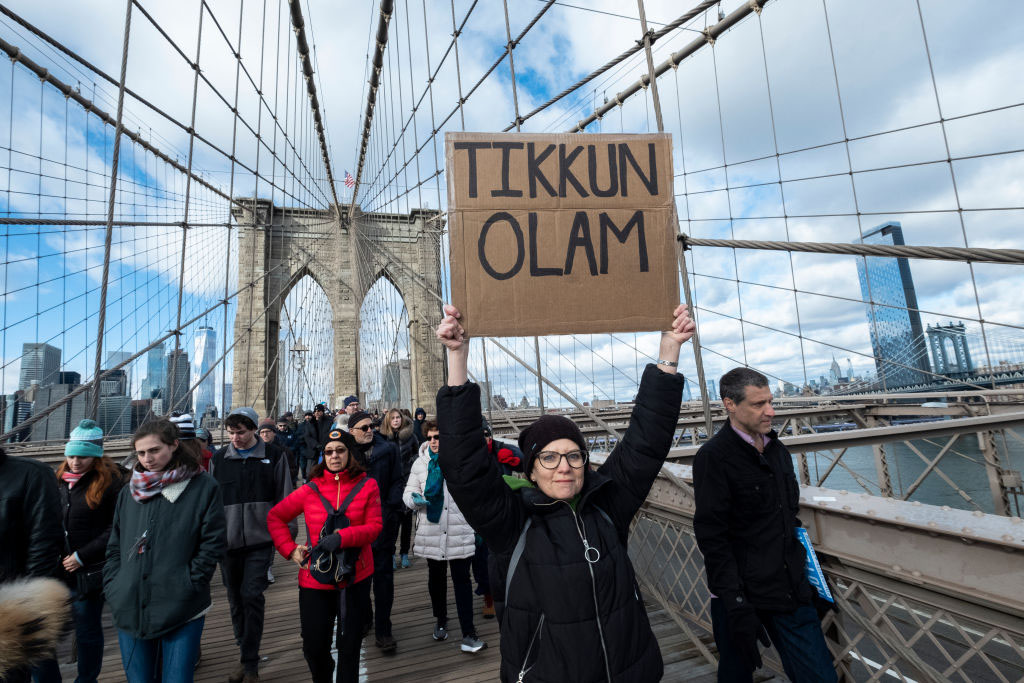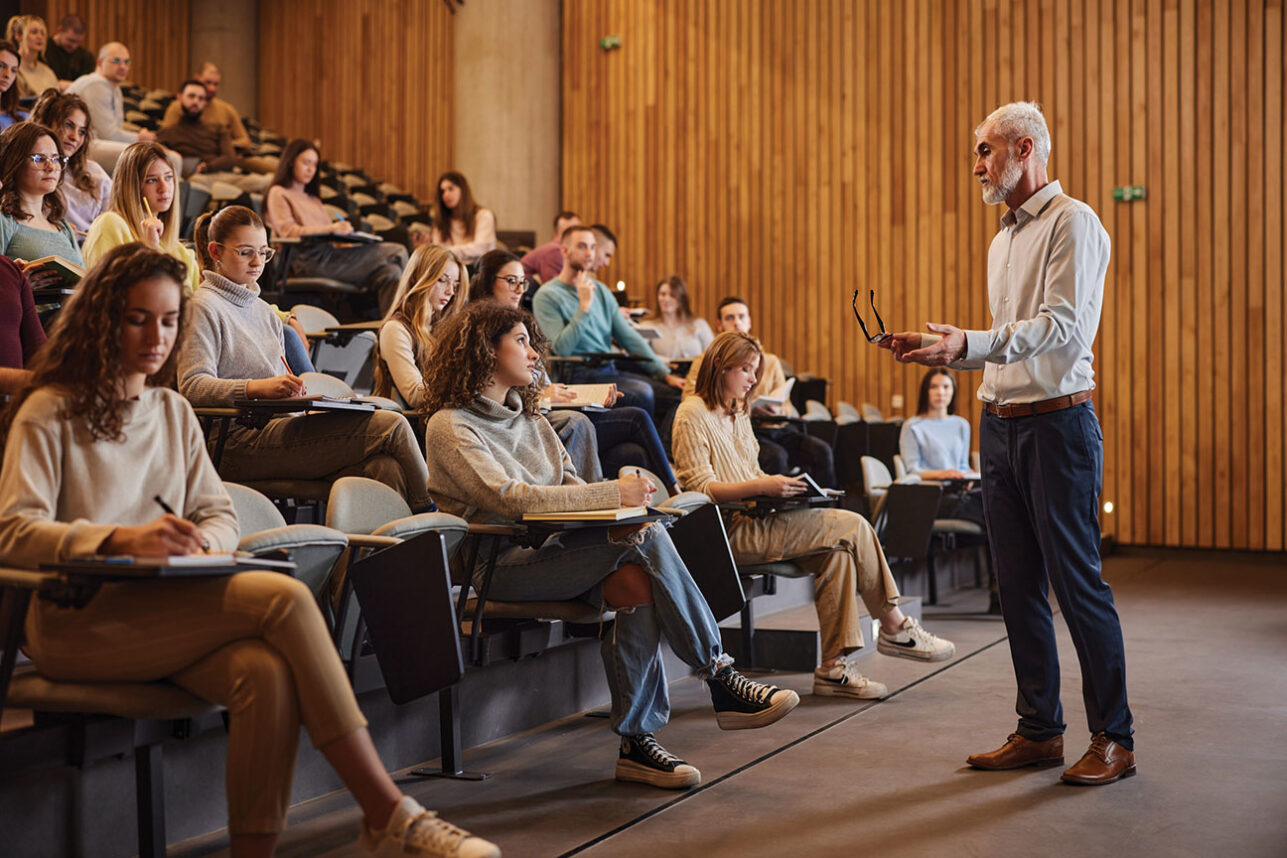“Strip-mining the Jewish musical past, even when done with the best of intentions, doesn't serve the goals of remembrance or history,” James Loeffler wrote in a 2013 article for Tablet. Or, he added, of “good music.”
The University of Virginia history and Jewish Studies professor’s point was that not all music, no matter how dire the circumstances it was composed in, is necessarily worth rescuing. Such provocative observations are likely to be challenged and discussed when 14 other authors, academics and musicians assembled by conductor James Conlon and New York University music professor Michael Beckerman convene for the second international symposium of the Ziering-Conlon Initiative for Recovered Voices, which takes place in Thayer Hall on the campus of the Colburn School on Oct. 8 and 9.
The Ziering-Conlon Initiative for Recovered Voices, created at the Colburn School in 2013, has become known for its sensitivity and quality control, advocating for those composers killed during the Nazi regime (1933-45). Their music was suppressed during that time and even during the post-war years, when forgetting the recent past was the prevailing attitude and a younger avant-garde generation chose to focus on its own vision of music’s future.
Conlon, who originally founded the series at L.A. Opera in 2006 with philanthropist Marilyn Ziering, became an attentive steward of music from this difficult, haunted past. Shepherding into concert halls apparently lost works by composers such as Alexander Zemlinsky, Franz Schreker, Erwin Schulhoff and Viktor Ullmann, for example, Conlon persuasively argued for their enduring musical value.
“We are attempting to restore a great body of music to its proper place,” Conlon said recently from his downtown office where he is focusing on conducting L.A. Opera’s “Macbeth.” “This has to be done in a variety of ways, at all levels, including in music schools and in public education. Getting these voices on young people’s radar is a big part of the project.”
The OREL Foundation, which maintains the preeminent website on the topic of recovered voices in English, and its president, Robert Elias, serve as another force in achieving this goal. Along with Conlon and others, Elias lectures at a full 16-week course offered by the Colburn School.
“This music should rightly have a place in the 20th century canon,” Elias said. “We don’t focus on the perpetrators. We emphasize the composers whose music was unjustly suppressed, then pushed aside. When Conlon performs a work, he believes in it as a musician first, whatever his strong feelings about the moral issues and correcting history.”
Conlon, who will deliver the keynote address at the symposium on Sunday, said music history, like any other, travels a jagged path. “It’s not linear,” he said. “People who love classical music have lost a certain part of their heritage, and I want to regain that. Ultimately it’s about the art, the music itself, but in regaining this heritage, we can show the multifaceted nature of the times.”
According to Professor Beckerman, that’s a complicated issue. “I’m a deep admirer of Maestro Conlon’s artistic approach, but I’m also interested in the role various difficult back stories play in determining the choices performers make when presenting this repertoire, and how audiences respond,” Beckerman said. “It’s important to investigate and question how these pieces came about and what the composers might have been trying to communicate.”
Beckerman acknowledged that the process is something of a paradox. “If we’re reading all kinds of fraught meanings into the music, and thus distracting people from a work’s artistic quality, well, how dare we?” he said. “But if a composer in dire circumstances is trying to tell us something about their situation, and we’re shutting that out — well, how dare we?
“I once had a piece from Terezin performed in a church in Dresden,” Beckerman continued. “Half the audience got program notes and the other half didn’t. The half that got nothing thought it was a sweet folksy piece; those who got the ‘back story’ thought it was one of the great tragic statements of the century.”
Along with lectures by musicians and scholars, including pianist-conductor Jeffrey Kahane, author and New Yorker critic Alex Ross and Professor Loeffler, who speaks Sunday on “How Not to Listen to Lost Jewish Music,” pianist-soprano Renan Koen from Istanbul, Turkey, will perform. Last year, Koen introduced certain “recovered voices” composers for the first time to Turkish audiences; on Saturday, she will be playing select movements of two piano sonatas written in Terezin.
Another opening day highlight: Clive Greensmith, former cellist of the Tokyo String Quartet who is on the Colburn Conservatory faculty, will perform a piano reduction of a recently discovered first movement of Hungarian composer Pál Hermann’s cello concerto. Hermann’s grandson, Paul Van Gastel, who is expected to attend, is consulting with Greensmith about arranging additional surviving music by Hermann, who died in 1944, to make a full three-movement score. Greensmith plans to perform the entire work, with orchestra, in June 2017.
“It’s a very lyrical piece,” Greensmith said. “As a fellow cellist, Hermann understood the instrument. To finish the work, we drew from his surviving songs. He was a composer who knew how to create a richly nuanced vocal line, and as a cellist I feel a strong affinity for the vocal tradition.”
Greensmith, agreeing with Conlon about the need to fill gaps in music history, said that Hermann fits into the Hungarian and French traditions prevalent during his time.
“If we lose sight of the historical context, we’re not getting the full impact of the music,” Greensmith said, “the flavor of Hermann’s time and place. For me, I was just moved by his music, purely as a player. His piece has musical value on its own terms. I want everybody to hear it.”
For schedule information or to reserve free admission, visit
Did you enjoy this article?
You'll love our roundtable.
Editor's Picks



What Ever Happened to the LA Times?

Who Are the Jews On Joe Biden’s Cabinet?


No Labels: The Group Fighting for the Political Center
Latest Articles


JNF-USA Golf Classic, OBKLA Breaks Record, IDFWO Names Exec Director


A Bisl Torah — You Can Do Better

Moses Unbound



